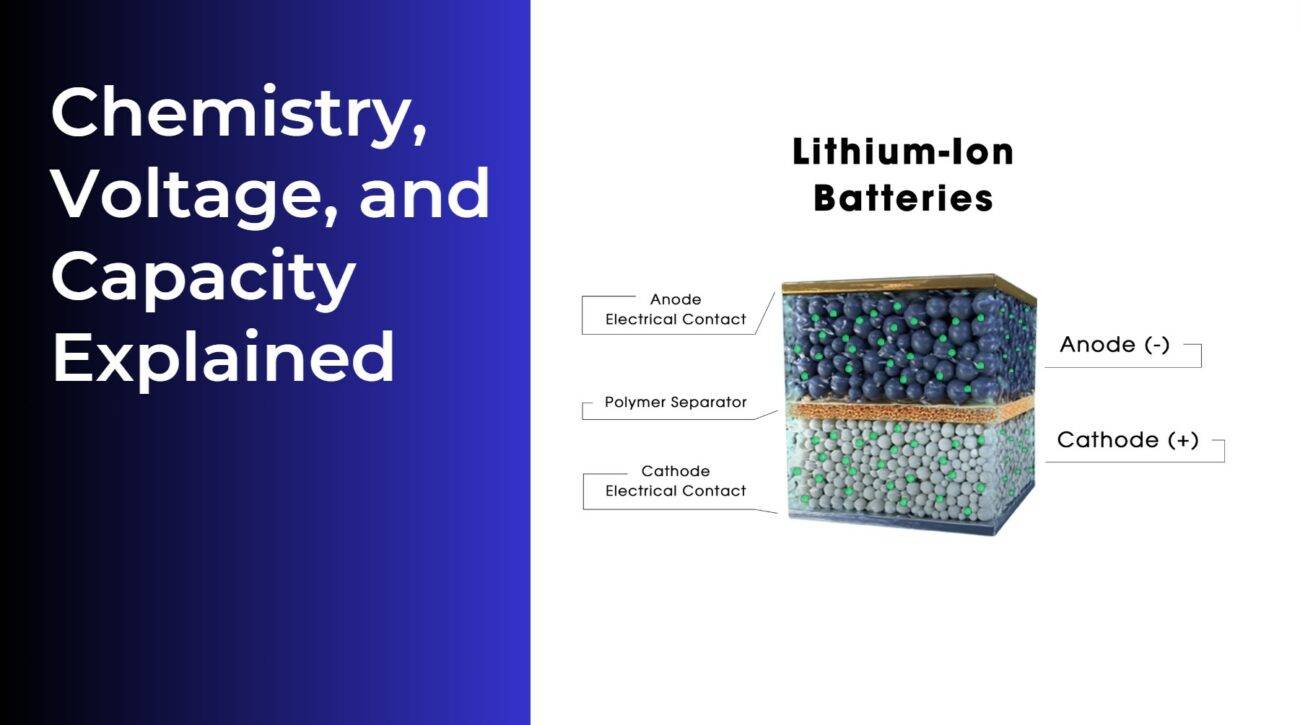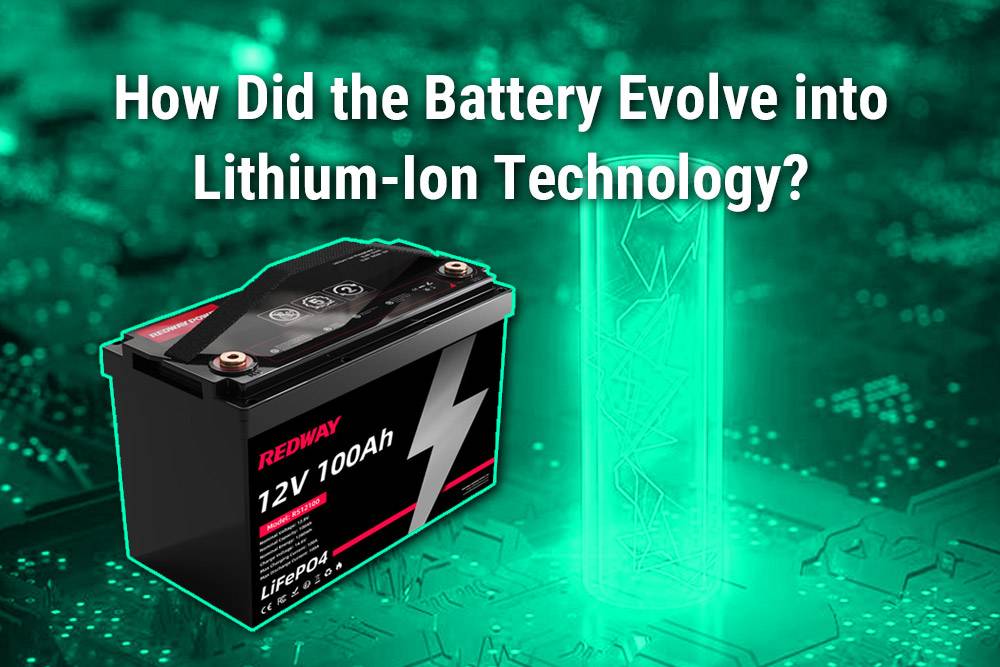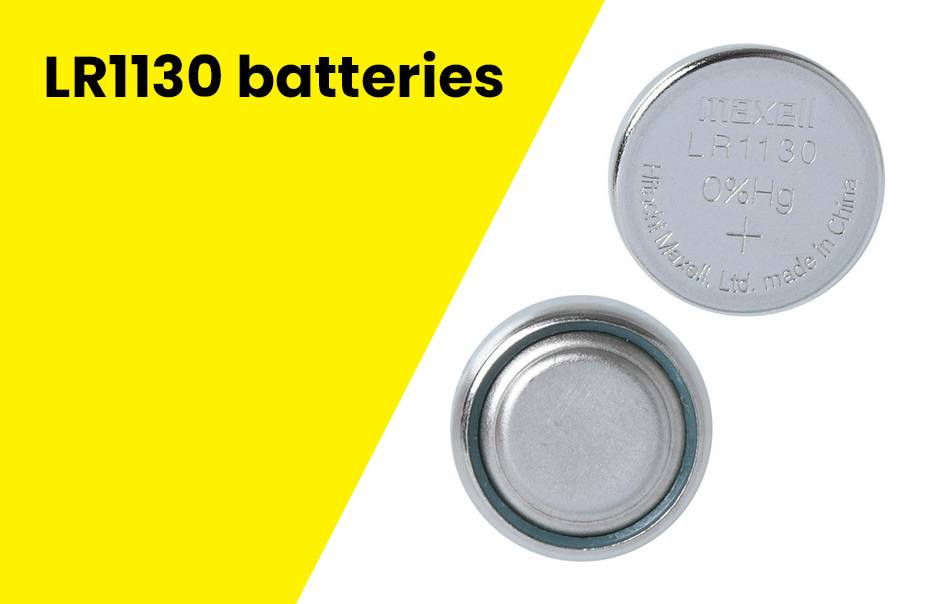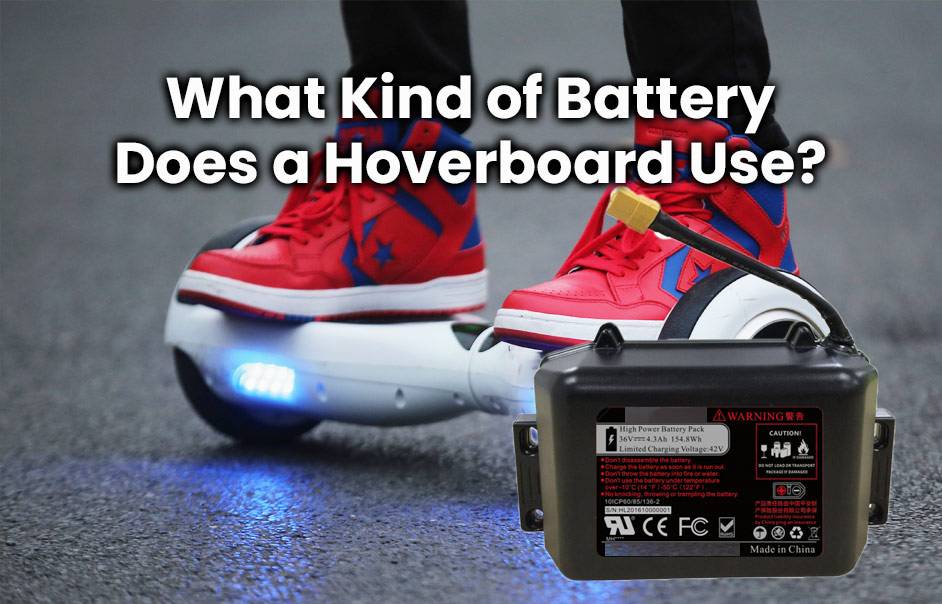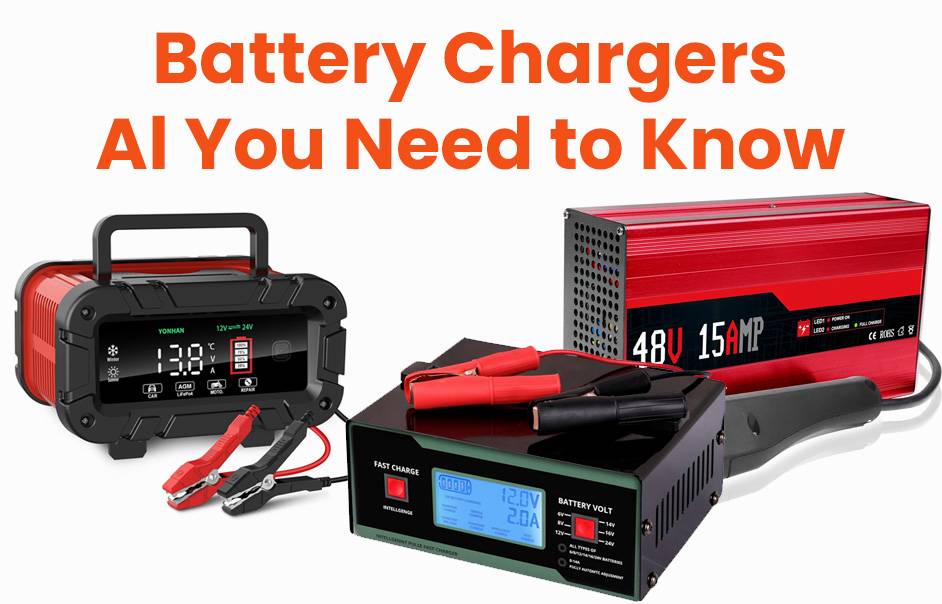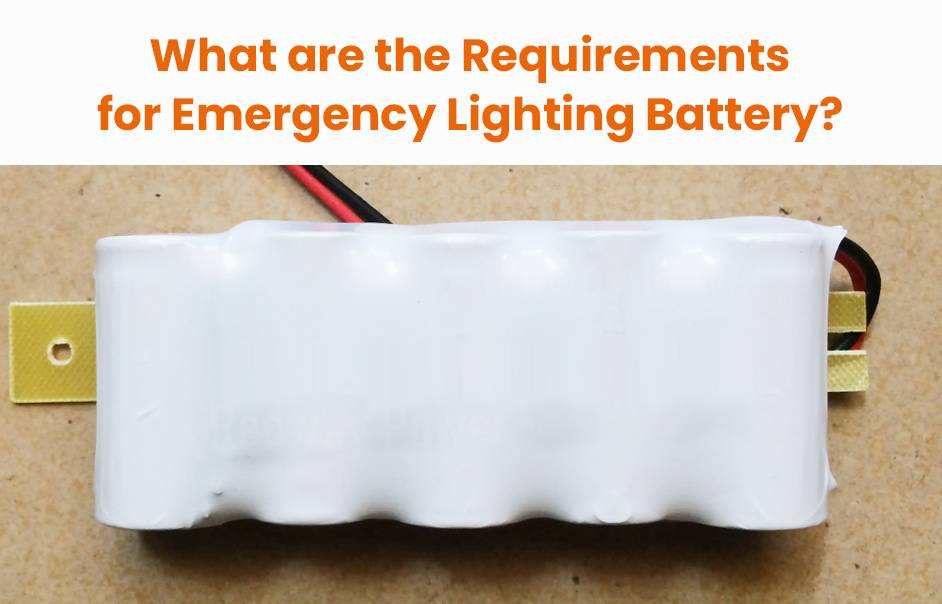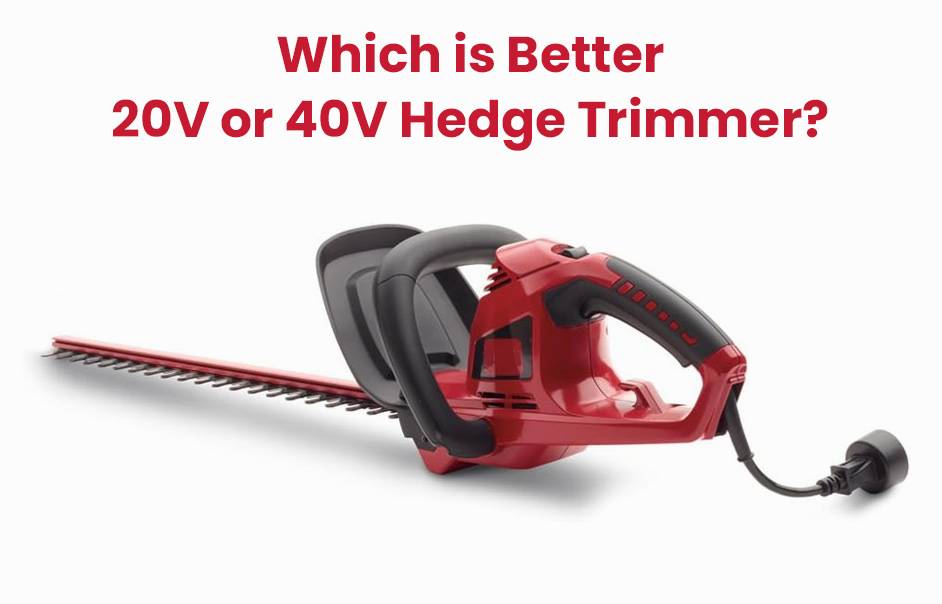- Rack-mounted Lithium Battery
- Golf Cart Lithium Battery
-
Golf Cart Lithium Battery
- 36V 50Ah (for Golf Carts)
- 36V 80Ah (for Golf Carts)
- 36V 100Ah (for Golf Carts)
- 48V 50Ah (for Golf Carts)
- 48V 100Ah (Discharge 100A for Golf Carts)
- 48V 100Ah (Discharge 150A for Golf Carts)
- 48V 100Ah (Discharge 200A for Golf Carts)
- 48V 120Ah (for Golf Carts)
- 48V 150Ah (for Golf Carts)
- 48V 160Ah (Discharge 100A for Golf Carts)
- 48V 160Ah (Discharge 160A for Golf Carts)
-
Golf Cart Lithium Battery
- Forklift Lithium Battery
- 12V Lithium Battery
- 24V Lithium Battery
- 36V Lithium Battery
- 48V Lithium Battery
-
48V LiFePO4 Battery
- 48V 50Ah
- 48V 50Ah (for Golf Carts)
- 48V 60Ah (8D)
- 48V 100Ah (8D)
- 48V 100Ah
- 48V 100Ah (Discharge 100A for Golf Carts)
- 48V 100Ah (Discharge 150A for Golf Carts)
- 48V 100Ah (Discharge 200A for Golf Carts)
- 48V 150Ah (for Golf Carts)
- 48V 160Ah (Discharge 100A for Golf Carts)
- 48V 160Ah (Discharge 160A for Golf Carts)
-
48V LiFePO4 Battery
- 60V Lithium Battery
-
60V LiFePO4 Battery
- 60V 20Ah
- 60V 30Ah
- 60V 50Ah
- 60V 50Ah (Small Size / Side Terminal)
- 60V 100Ah (for Electric Motocycle, Electric Scooter, LSV, AGV)
- 60V 100Ah (for Forklift, AGV, Electric Scooter, Sweeper)
- 60V 150Ah (E-Motocycle / E-Scooter / E-Tricycle / Tour LSV)
- 60V 200Ah (for Forklift, AGV, Electric Scooter, Sweeper)
-
60V LiFePO4 Battery
- 72V~96V Lithium Battery
- E-Bike Battery
- All-in-One Home-ESS
- Wall-mount Battery ESS
-
Home-ESS Lithium Battery PowerWall
- 24V 100Ah 2.4kWh PW24100-S PowerWall
- 48V 50Ah 2.4kWh PW4850-S PowerWall
- 48V 50Ah 2.56kWh PW5150-S PowerWall
- 48V 100Ah 5.12kWh PW51100-F PowerWall (IP65)
- 48V 100Ah 5.12kWh PW51100-S PowerWall
- 48V 100Ah 5.12kWh PW51100-H PowerWall
- 48V 200Ah 10kWh PW51200-H PowerWall
- 48V 300Ah 15kWh PW51300-H PowerWall
PowerWall 51.2V 100Ah LiFePO4 Lithium Battery
Highly popular in Asia and Eastern Europe.
CE Certification | Home-ESS -
Home-ESS Lithium Battery PowerWall
- Portable Power Stations
How long does battery last on hedge trimmer?
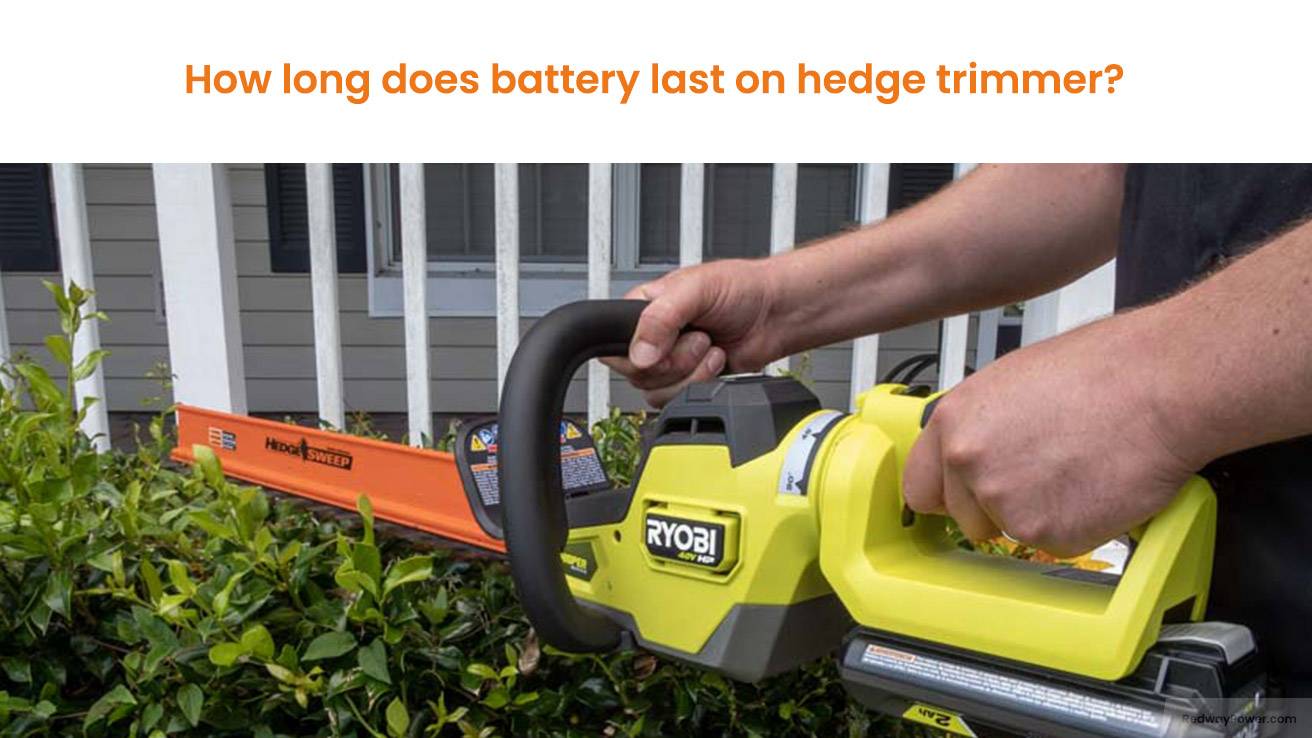
Tired of battling overgrown hedges? Enter the hedge trimmer! These tools make pruning a breeze for a manicured look. Before you start, understand your trimmer’s battery life. This blog post covers factors affecting lifespan, tips for longevity, and signs for a replacement. Let’s explore the world of hedge trimmers and batteries!
Factors that affect battery life
Maximizing the battery life of your hedge trimmer involves understanding key factors. Here’s a concise guide:
- Battery Type and Capacity:
- Tip: Opt for lithium-ion batteries for longer lifespan and more power compared to other types.
- Cutting Conditions:
- Tip: Thicker branches and dense hedges require more power, draining the battery faster. Adjust your expectations based on the cutting demands.
- Maintenance Matters:
- Tip: Regular cleaning and lubrication reduce friction on moving parts, easing strain on the motor and preserving battery power.
- Environmental Impact:
- Tip: Extreme temperatures, hot or cold, can affect performance. Avoid exposing your trimmer to direct sunlight for extended periods.
- User Habits:
- Tip: Efficient use involves minimizing excessive starts/stops and adjusting speed appropriately during trimming sessions.
By considering these factors and adopting proper maintenance practices, you can extend the lifespan of your hedge trimmer’s battery and make the most of its performance. Understanding these key aspects is the key to a longer-lasting battery.
Tips for maximizing battery life
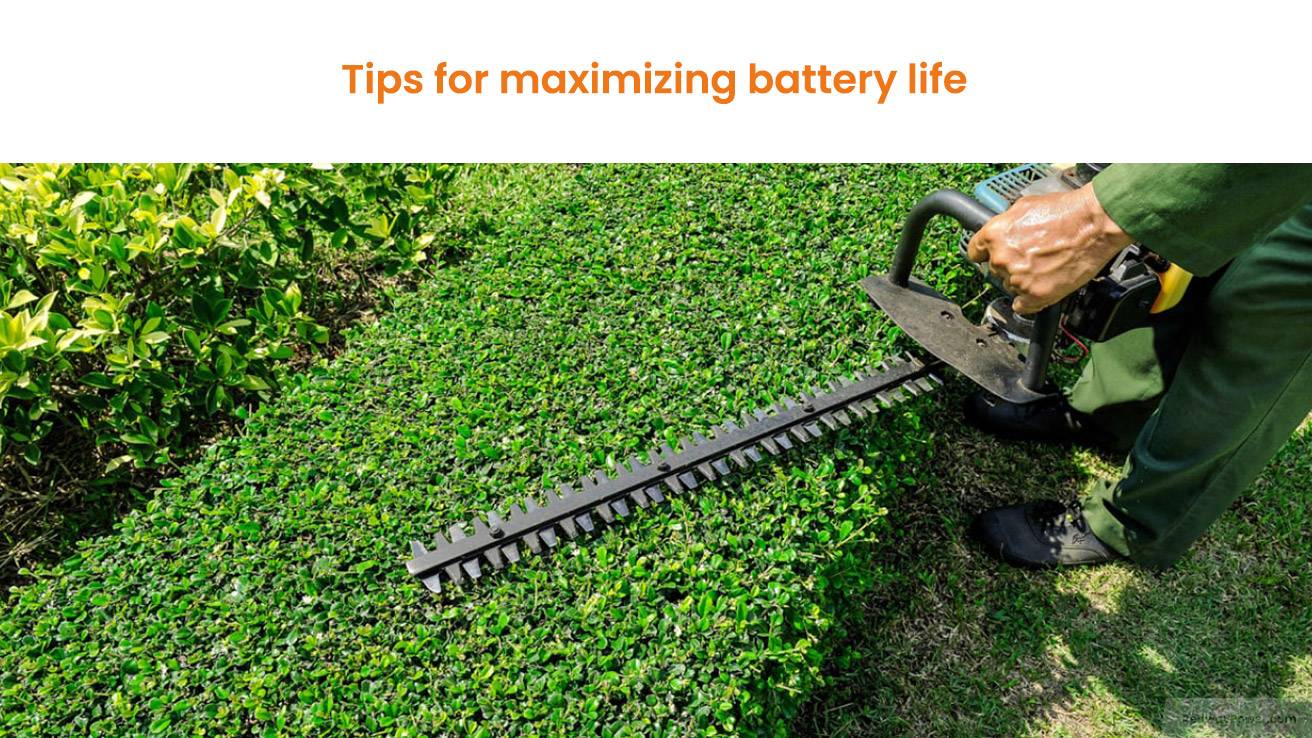
To maximize your hedge trimmer battery life, follow these straightforward tips:
- Full Charge Before Use:
- Tip: Always fully charge your battery before trimming. Charge overnight or per the manufacturer’s recommendations for optimal performance.
- Avoid Overloading:
- Tip: Don’t overload your trimmer with heavy branches. Straining it can reduce the battery’s lifespan. Take breaks during tough jobs to preserve both your trimmer and its battery.
- Mind Storage Conditions:
- Tip: Keep your trimmer in a cool, dry place when not in use. Extreme temperatures can negatively impact battery performance.
- Regular Maintenance:
- Tip: Perform regular maintenance by checking for wear or damage on the trimmer and its accessories. Clean blades after each use to prevent motor strain and excessive battery drain.
By incorporating these tips into your routine, you’ll ensure that your hedge trimmer’s battery performs optimally for extended periods, minimizing the need for replacements or repairs.
The average battery life of different hedge trimmer models
When choosing a hedge trimmer, understanding battery life is crucial for uninterrupted trimming. Cordless electric models generally offer 30 minutes to 2 hours, while gas-powered ones run continuously with regular refueling. Consider your yard size and trimming needs when selecting, and remember real-world usage may differ from manufacturer estimates.
Maximize your hedge trimmer’s battery life with these tips:
- Full Charge Before Use: Charge before each session.
- Avoid Over-Discharging: Recharge before complete depletion.
- Proper Storage: Keep batteries in cool, dry places.
- Regular Maintenance: Clean and lubricate blades for smooth operation.
- Consider Spare Batteries: Rotate during long sessions for uninterrupted work.
How to properly care for your hedge trimmer battery
Proper care for your hedge trimmer battery ensures longer life and optimal performance. Follow these simple tips to get the most out of your trimming sessions:
- Storage Matters: Keep your battery in a cool, dry place away from extreme temperatures and moisture to prevent damage and extend its life.
- Charge Smartly: Fully charge your battery before each use to maintain capacity. Avoid overcharging, as it can lead to overheating and shorten the battery’s lifespan.
- Mind Charging Cycles: Keep track of charging cycles, as batteries have a limited number. Partial charges are preferable to prolong overall longevity. Regularly clean the trimmer and battery contacts to ensure a good electrical connection and prevent corrosion.
Implementing these tips in your routine maintenance practices will maximize efficiency and extend the lifespan of your hedge trimmer battery, saving you money on replacements in the long run!
Signs that it’s time to replace your hedge trimmer battery
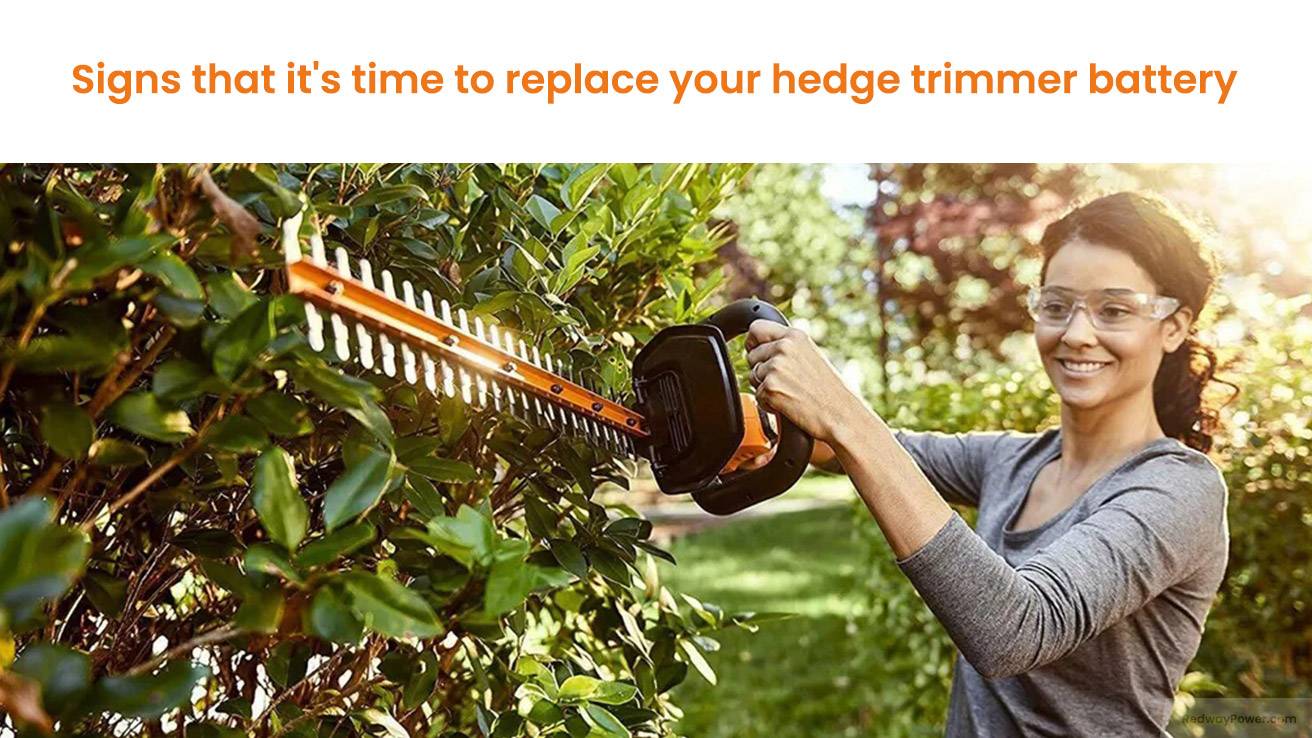
Is your hedge trimmer not performing as it used to? It might be time to replace the battery. Here are clear signs indicating the need for a new one:
- Decreased Charge: If your hedge trimmer struggles to hold a charge or runs out quickly, it’s a clear sign of a declining battery. Over time, batteries lose their efficiency.
- Reduced Performance: Notice a drop in cutting power or slower blade speed? This indicates a worn-out battery struggling to provide sufficient voltage, resulting in decreased performance.
- Frequent Recharging: If you find yourself recharging the trimmer frequently during use, it suggests a failing battery. Ideally, a good battery should complete most tasks without constant recharging.
- Unusual Noises or Vibrations: Pay attention to unusual sounds or vibrations during operation, as these could signal internal damage caused by an aging or faulty battery.
- Age of the Trimmer: If you’ve had your hedge trimmer for several years and never replaced the battery, it’s likely time for a new one. Rechargeable batteries have a limited lifespan.
By recognizing these signs, you can ensure optimal performance and efficiency from your hedge trimmer when tending to your garden.
Choosing the right hedge trimmer and maintaining its battery for longer use
Choosing the right hedge trimmer and maintaining its battery are vital for long-lasting performance. Here’s a concise guide:
- Smart Selection: When picking a hedge trimmer, focus on battery capacity, runtime, and overall performance. Opt for a high-quality trimmer with a reliable battery to enhance your trimming experience.
- Battery Maintenance Tips:
- Charge Correctly: Follow the manufacturer’s charging instructions to prevent battery degradation.
- Proper Storage: Store the trimmer and battery in a cool, dry place away from direct sunlight or extreme temperatures to avoid cell damage.
- Regular Cleaning: Clean the trimmer after each use to ensure optimal performance and prevent debris buildup that could impact battery efficiency.
- Avoid Deep Discharge: Partial charging cycles are better for lithium-ion batteries, helping maintain longevity.
- Optimal Speed Settings: Use recommended speed settings to conserve energy and prevent unnecessary drainage.
- Replacement Consideration: Despite proper maintenance, batteries may need replacement due to wear or diminished capacity. If you notice significantly reduced runtime or charging difficulties, investing in a new battery ensures optimal performance.
With these considerations, you’ll maximize the lifespan of your hedge trimmer and enjoy efficient trimming for years to come.














